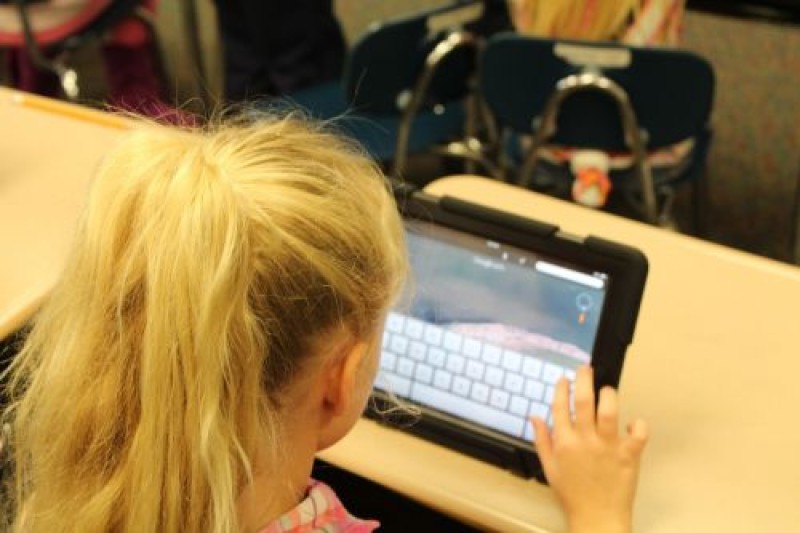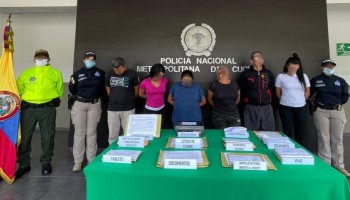In its latest report, the agency highlights the “trends and threats in the current context compared to pre-pandemic measures, what impact these are having in the short-term, and what changes are likely to happen as COVID-19 restrictions are changed.”
“What the report shows is that we are seeing just the tip of a growing iceberg in terms of online child exploitation material,” said Jürgen Stock, Interpol Secretary General.
He reminded that each photo and video of child sexual abuse is evidence of a “real crime involving real children,” and that each time those images are viewed, “those children are re-victimized and their very real suffering is prolonged even further.”
The agency explained that during the pandemic children seek alternative ways of socializing through games, chats, social media, etc. while not necessarily being aware of any associated risks.
At the same time, offenders “who usually operate online are likely to increase the amount of time they spend online,” adapting and changing their online environments to “avoid police detection and to target platforms based on popularity with children.”
Besides using social networks and messaging applications, as well as Darknet forums, child sexual exploitation and abuse offenders often use so-called Zoom “bombing,” when during virtual school classes for children offenders intentionally break in and share child sexual exploitation and abuse material.
In a similar way, the offenders use online gaming platforms to reach their victims, according to the report.
Besides online attacks, Interpol has also warned of possible increase in domestic child exploitation and abuse in which children “may be in lockdown with the offender.”
“In areas severely affected by COVID-19, situations where parents are hospitalized and children are placed under others’ care or are uncared for, are also likely to increase the risk of abuse,” Interpol warned.
The agency called for stronger awareness campaigns, especially those communicated through gaming, messaging and social media platforms.
It said that law enforcement agencies should deliver a strong message through “adult-targeted online/offline campaigns that communicate the penalties associated with these offences.”
Schools, social media, gaming or messaging platforms should also increase security and report offences, while justice systems, support and medical services should “adapt tools to allow for the continuous provision of services to children during the COVID-19 pandemic,” Interpol concluded.






